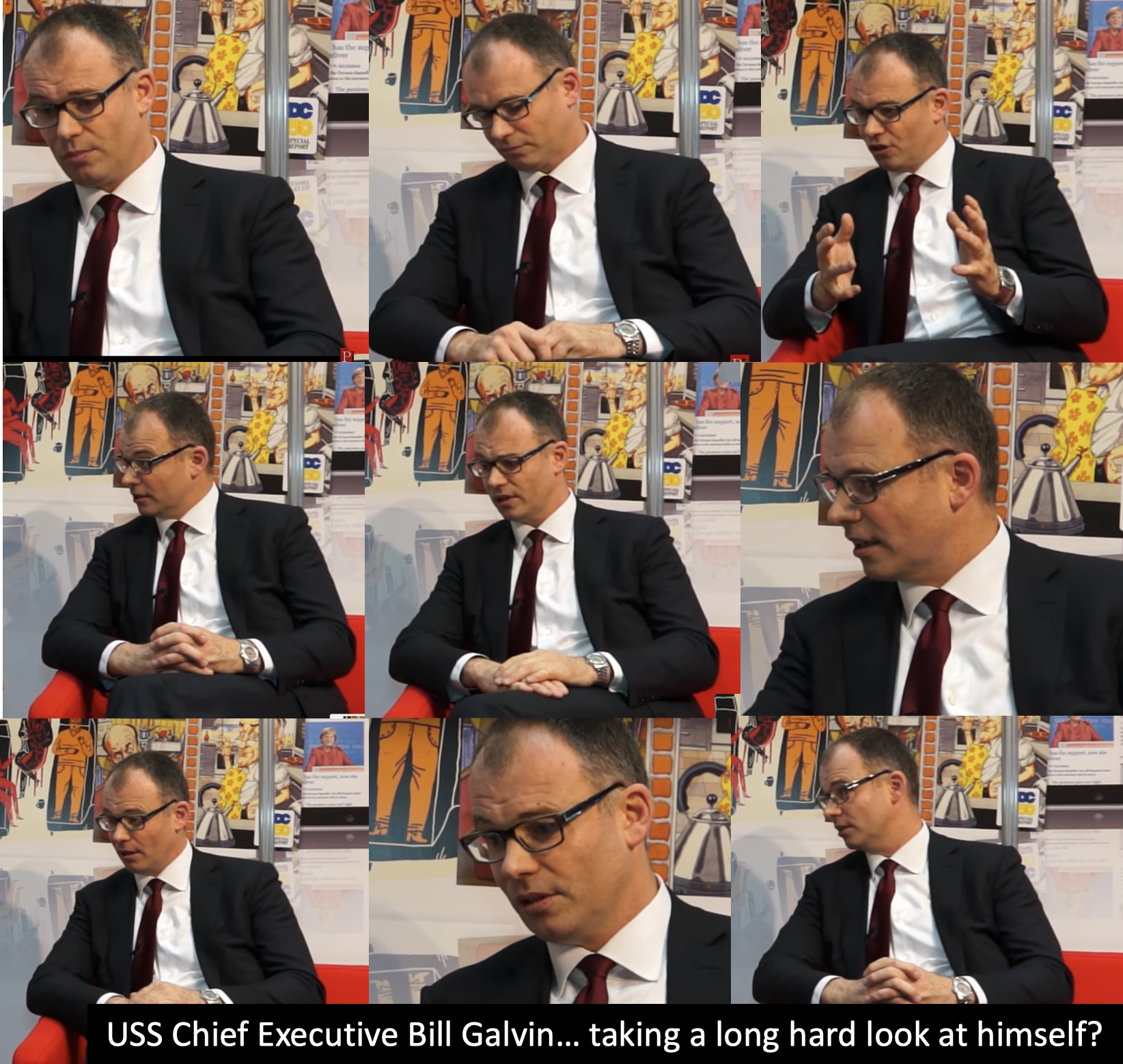Published: 23rd November, 2018

A key point of contention in UCU’s on-going pension dispute with our employer concerns the valuation of the USS fund – from which pensions are paid. In particular, a 2017 valuation by USS suggested a serious funding deficit and this formed the basis of Universities UK’s justification for attacking our entitlements. This funding-deficit valuation was challenged, however, by a number of people, including Financial Times pensions correspondent Josephine Cumbo, the LSE’s Professor Mike Otsuka, and Dr Sam Marsh of University of Sheffield.
The report of the Joint Expert Panel (JEP), commissioned jointly by UCU and UUK on suspension of our strike action in March and published in September, seemed to vindicate many of the criticisms of USS’s 2017 valuation. Even more damning of the USS Trustees is a First Actuarial report, commissioned by UCU, and published a few days ago. UCU asked the report’s authors to consider three specific questions:
1. Dr Marsh and Professor Mike Otsuka describe the USS as having made a significant ‘mistake’ – have they in their own terms?
2. Do Dr Marsh’s numbers categorically show there is no need, even within the current regulatory regime (eg the JEP conditions), to raise contributions?
3. What is lacking in USS’s responses to Dr Marsh and Professor Otsuka?
First Actuarial’s experts concluded the following:
First, yes, USS had made a mistake in its own terms. Abandoning a 2014 valuation (which had not identified any serious problems with the fund’s future), USS failed to examine variations in investment strategy that might be likely to raise the value of assets into the future. But ‘such projections are necessary’!
Second, the increased contributions that USS’s Trustees claimed were necessary to guarantee the scheme’s viability were in fact a product of a change in assumptions – a change in assumptions that are not actually warranted.
Given that the members’ benefits are very well secured by the solvency of the employers, and the employers’ covenant has not materially worsened since 2014, there does not appear to be good reason for such a radical change of funding plan from what was signed off in 2014. There is time to let the 2014 plan bear fruit.
Finally, the report’s authors conclude that
The USS in house team’s statements of 16 October [in response to issues raised by Sam Marsh] contain inherent contradictions. They adopt positions without the advance of detailed argument in support, positions which we argue are unjustified. … We believe the statements to be a poor quality response to justifiable and rational concerns raised by scheme members.
We can’t do better than finish by quoting commentary by Sheffield UCU in response to this report’s publication.
There are no signs that USS have enough integrity, humility or fortitude to ditch the 2017 valuation, and are pressing on with their ‘cost-sharing’ which will see increases in April, then again in October, ending up sky-high by April 2020. It is a travesty that scheme members (and employers like Sheffield University, who were largely ignored by the processes) have to bear the brunt of a valuation so full of procedural and actuarial deficiencies, but it seems USS aren’t for resiling.
So that leaves us with the discredited 2017 valuation and a 2018 valuation hot on its heels. With USS determined to stick to their April increases, they have, very generously, said that a 2018 valuation could intercept and amend their plans for October. And what would a 2018 valuation show? With the strong asset growth coupled with the JEP recommendations implemented in full, it’s possible that the deficit becomes vanishingly small and future-service costs tumble. Could USS’s actuary even end up declaring
#NoDetriment?Finally, is anyone going to take responsibility for what happened over the past year? With no signs of anyone with enough backbone to admit mistakes, First Actuarial’s new report is the latest to point at major problems with USS’s governance. This leaves UCU’s policy from this summer’s conference calling for the resignation of USS’s CEO looking on the money. Time for some introspection at USS, perhaps?
